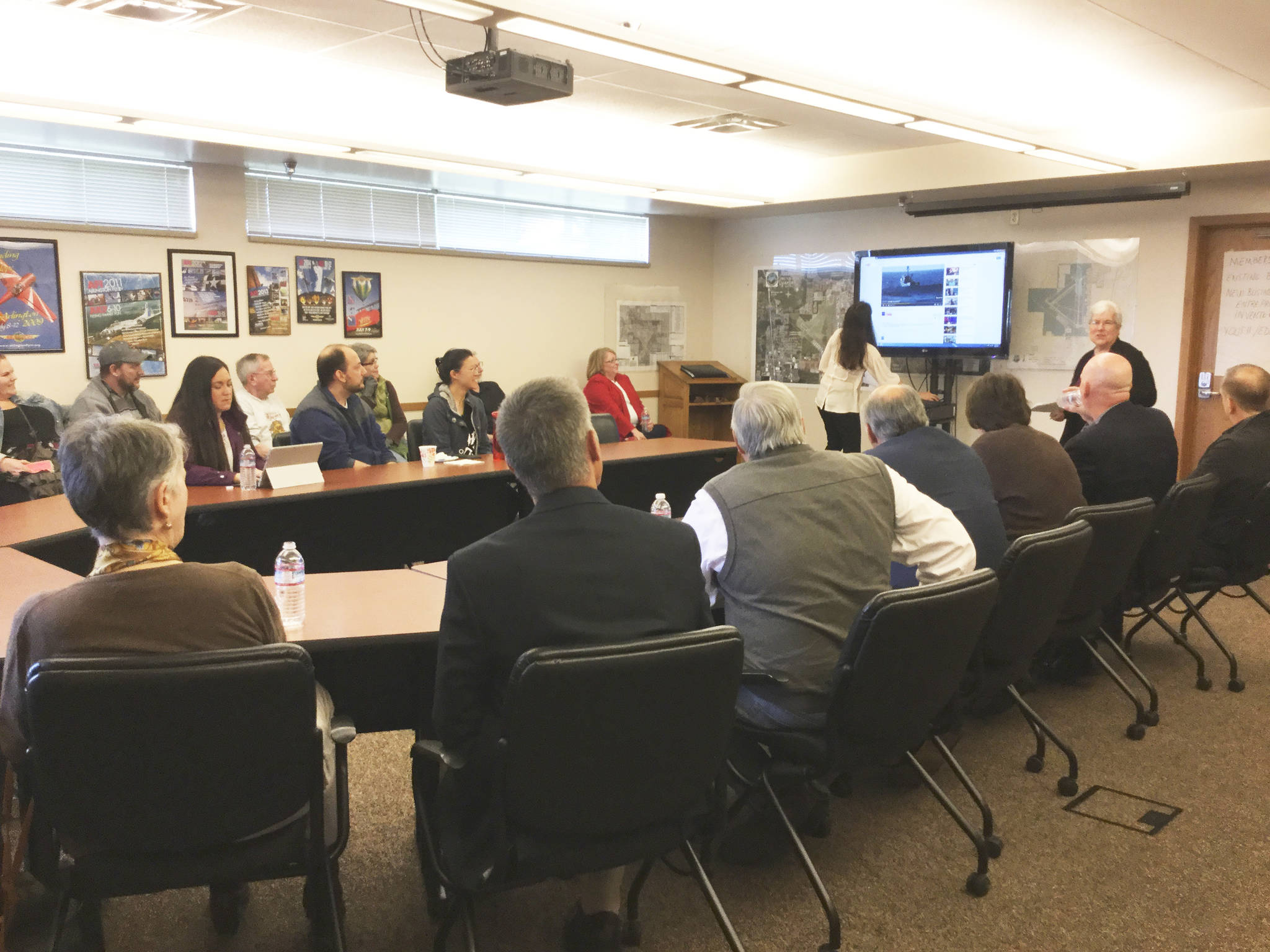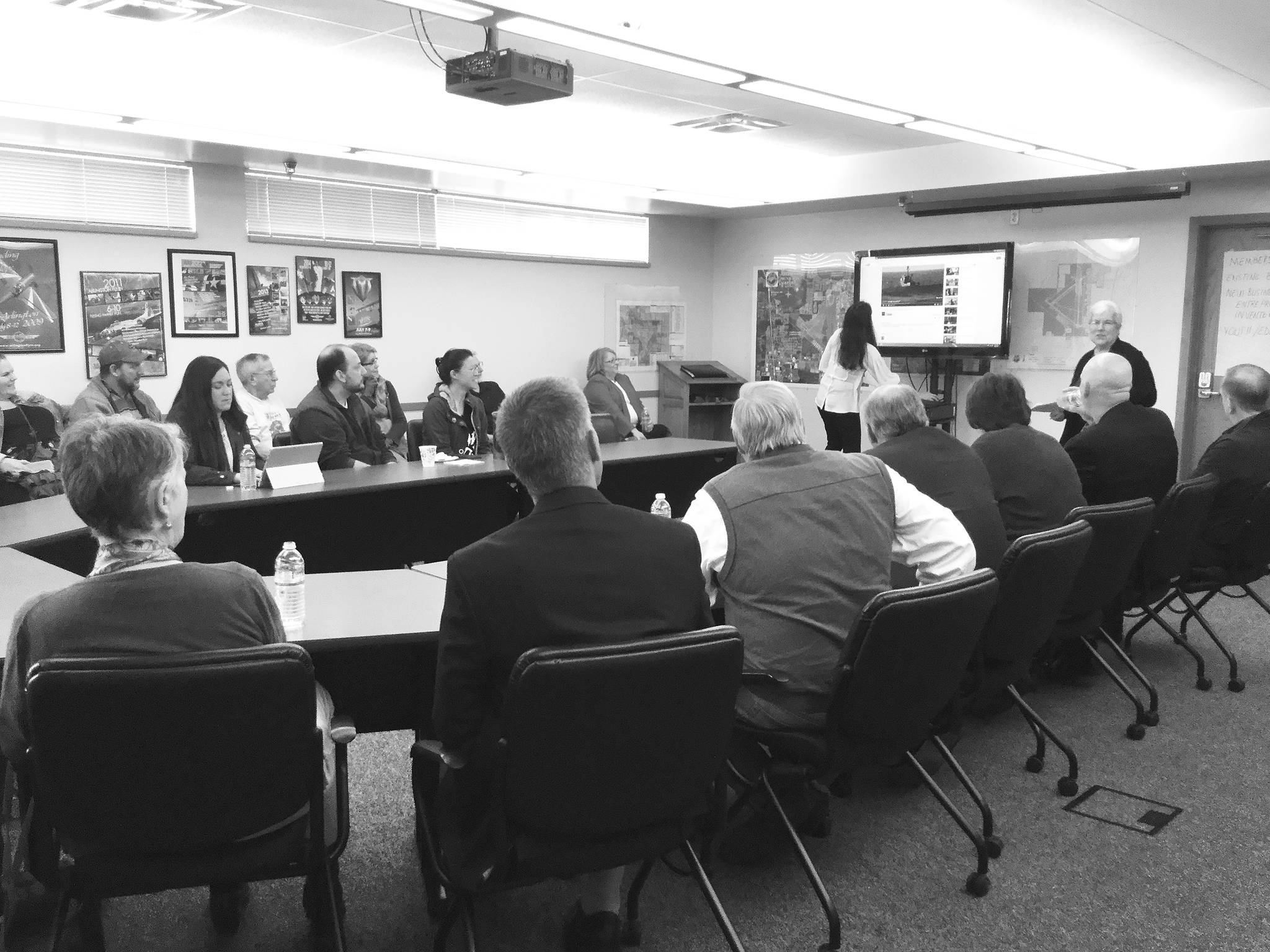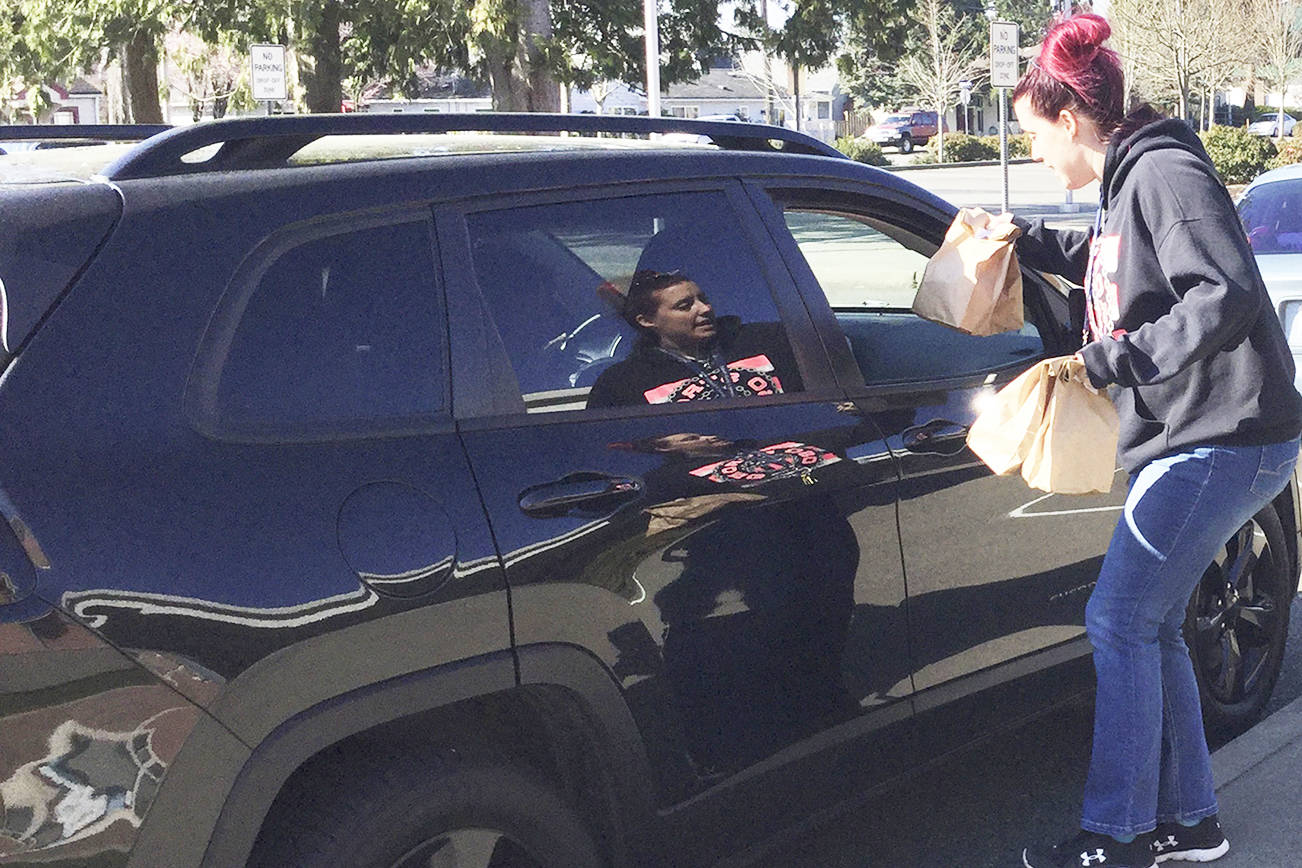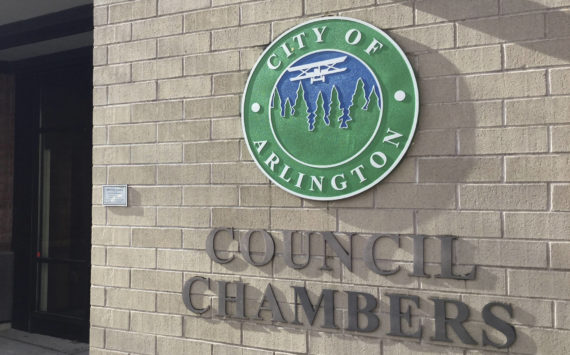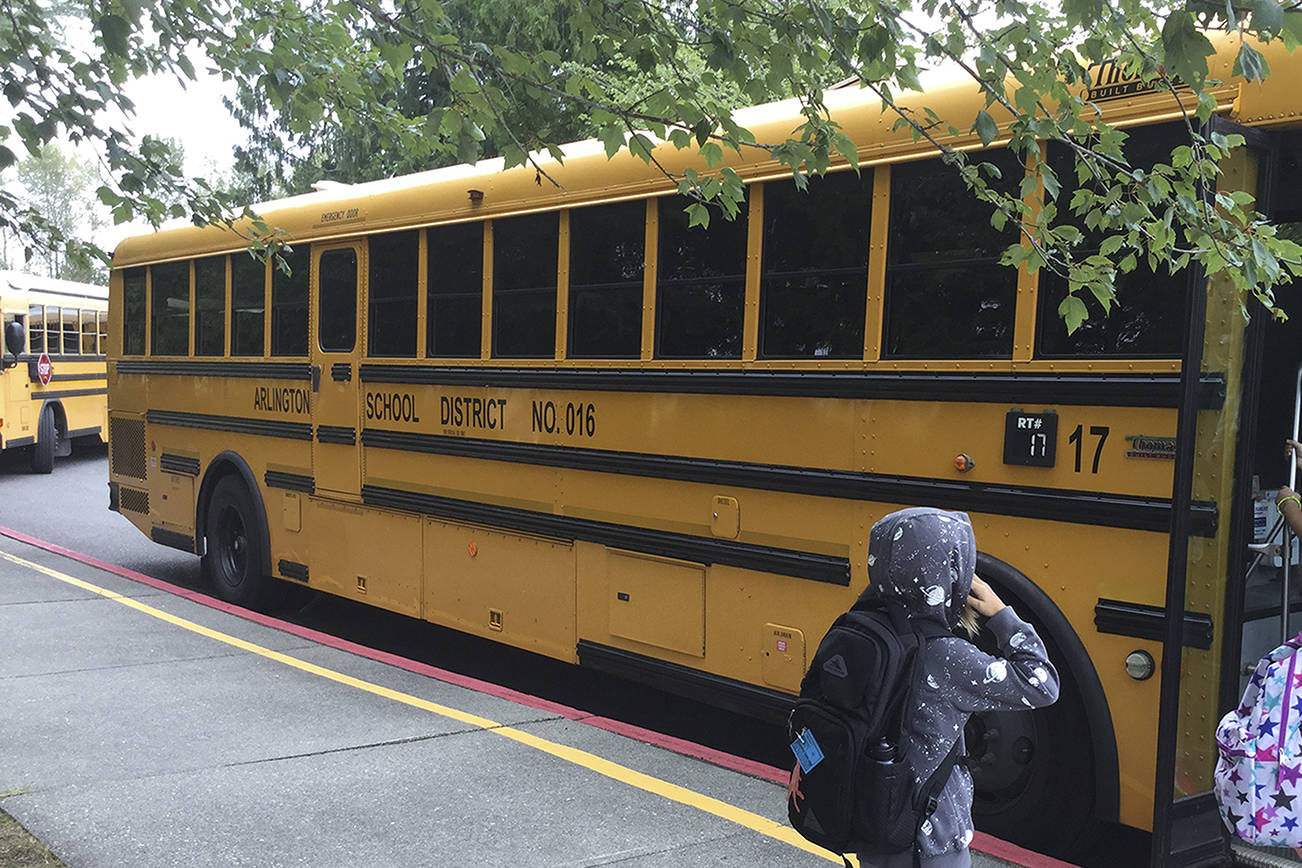ARLINGTON – City leaders are making progress to site a makerspace in Arlington, meeting with local experts to help decide where a center for innovation might best be located, and the equipment necessary to make it successful.
Many questions exist, but like raw material on the bed of a 3D printer, the makerspace idea is starting to take shape, layer by layer.
“We want to create a place where innovation happens,” Mayor Barb Tolbert said at a meeting Tuesday that drew about 40 leaders representing business, education, government and the community.
A makerspace is a community workspace where people can access the latest manufacturing and design tools, resources and workshops in order to make, invent or repair anything they put their mind to doing. Large businesses would also be able to test-build new products. A key component is the makerspace users themselves, bringing their knowledge, experience and creativity to collaborate with others.
“Innovation is pivotal,” said Diane Kamionka, executive director of the NW Innovation Resource Center, which is working with the city and other groups to guide the Arlington makerspace project. “You need to be immersed in it because it’s contagious.”
The mayor took to referring to the makerspace as the Manufacturing Innovation Center. The name certainly fits with the facility’s focus.
“We want advanced manufacturing as the focus of this makerspace,” said Kamionka, mostly because that’s the field that best aligns with the aerospace and manufacturing companies clustered around Arlington Municipal Airport.
But, she emphasized, “It depends on what the community wants it to be, too.”
Makerspace boosters said there are three groups that would most likely use a makerspace: existing businesses, youth and education, and new businesses.Tolbert and Kamionka met with existing businesses recently to gain ideas on how to interact with the other two groups. Attendees spoke at length about the importance of creating a connection with young people – including students who may not be tracking as well as their peers.
Arlington High School has a thriving manufacturing and engineering program with innovative students. Weston High School Principal Will Nelson referenced one program where students are creating chanters for bagpipes. Chanters hold the reed that bagpipers blow into and are connected to the neck of the hide bag.
“While they’re making these chanters, they’re also learning the history and how to develop a bagpipe,” Nelson said.
District Superintendent Chrys Sweeting talked about the district’s new “Open Doors” program at Weston that will launch in September. The program is aimed at re-engaging youth ages 16-21 who that have dropped out or are disconnected from high school. Finding creative projects for them in an interactive makerspace might bring them back into the fold.
Derick Baisa, CEO of Absolute Manufacturing, said young people could be teamed with business leaders to evolve businesses to be more efficient in areas like ergonomics and product protection. “Maybe you can say to the kids, ‘We’ve got this problem; go solve it,” with makerspace equipment they could use on their own time.
Charles Inler, board member and cofounder of the SnoCo Makerspace at Everett’s Paine Field, shared how they built their nonprofit makerspace from the ground up and lessons learned.
He said Arlington supporters are on the right track reaching students. His makerspace reached out to Everett High School and is partnering with them on an art program using 3-CAD programming. The “blueprints” will then go to AMTEC at Everett Community College, where their public art will be built.
Kamionka said many questions still need to be answered. What sort of equipment should be available? Will the facility have classroom space? Lounging space? Can users take their project home with them in progress or do they store it on site? What about operator safety and security concerns? How are personal work spaces laid out so they don’t spoil the opportunity for collaboration?
City officials said they want to draft a survey to get answers and input from businesses and other potential facility users. Other issues would revolve around staffing, scheduling, security liability and insurance, and other policies.
The Arlington makerspace committee is working from a business plan that seeks to build stakeholder support for a makerspace, pursue funding, attract user groups, acquire equipment and find a suitable location.
